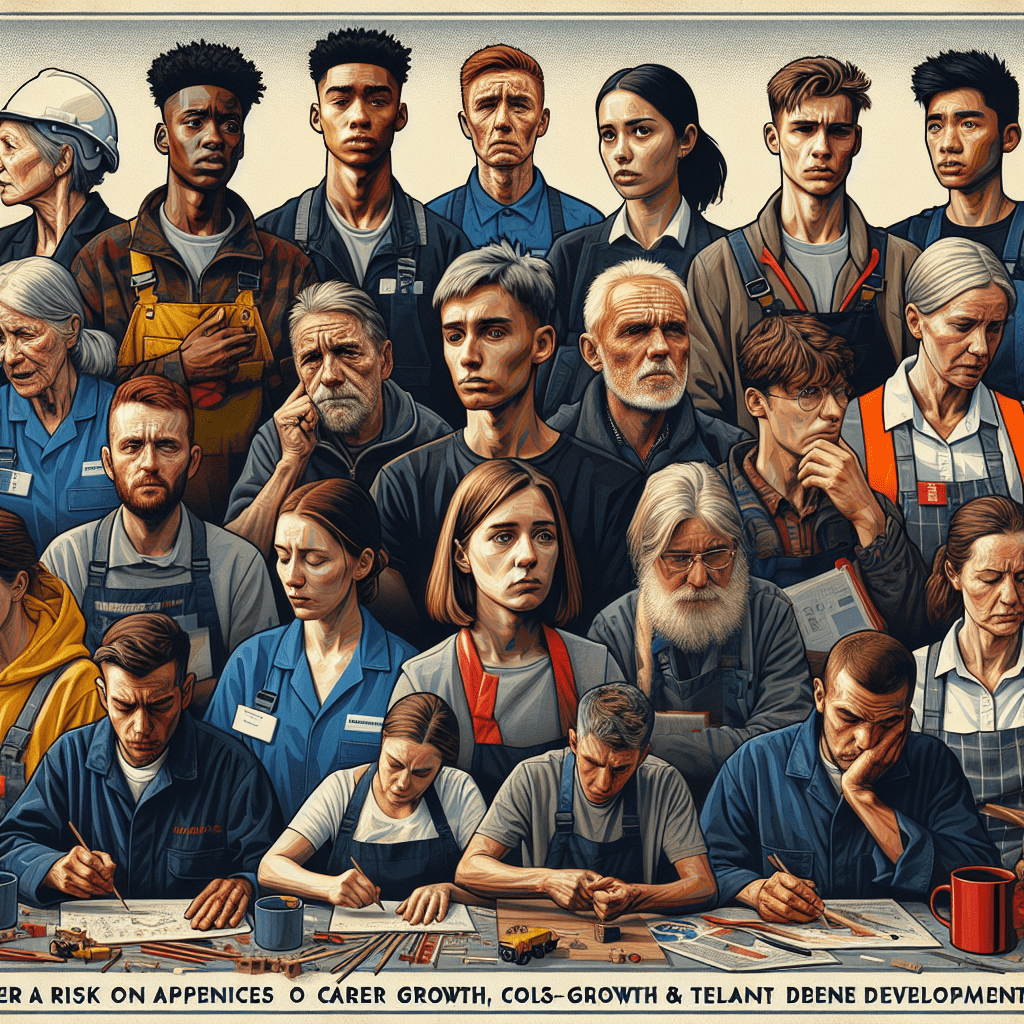
The Impact of Level 7 Funding Cuts on Lifelong Learning and Skills Development

The Level 7 Funding Cuts: A Wake-Up Call We Can’t Ignore
So, here we are again, faced with another challenge to our workforce and the future of skills development. The news on Level 7 funding cuts hit like a ton of bricks. This time, the concern is centred on apprentices over the age of 21. Now, let’s be honest. This decision isn’t just a minor blip. It could fundamentally reshape the landscape of apprenticeships as we know it.
What’s the Real Impact of These Cuts?
First off, let’s talk about who is really affected. Limiting funding for older apprentices is a monumental mistake. It suggests that once you hit a certain age, your potential to learn and grow professionally dwindles. Isn’t that a bit backwards?
Here’s the crux: we might see a decline in older apprentices enrolling in training programmes. That means fewer opportunities for career progression, and who do you think is going to bear the brunt of it? Our economy!
Think about it. Companies could find it far more challenging to attract and retain experienced individuals wanting to upskill. Talent doesn’t just have an expiry date, and cutting funding sends a message that we don’t value lifelong learning. I’d argue that’s the real tragedy here.
The Need for Skills Development is Timeless
Moving on, let’s address talent development. The impact on a nation’s skills pool could be catastrophic. By jeopardising the opportunities available for older apprentices, we risk stagnating our workforce. How can we aim for a fully skilled workforce if we’re shutting the door on those who are willing to learn and develop throughout their careers?
Here’s a little twist from my own experience. I remember starting out as a bit of a rogue entrepreneur and how every bit of knowledge I acquired shaped my journey. If I had been denied funding or support because of my age at any point, who knows where I’d be now? Everyone, regardless of age, deserves the tools to succeed.
How Can We Ensure Skills Development for All Ages?
Now, this leaves us asking the million-dollar question: how do we keep skills development accessible for all ages? First, we have to change the narrative. Let’s challenge the notion that after a certain age, learning becomes less important. It’s time to advocate for inclusive funding models that empower everyone.
Collaboration is key. We need to rally educational institutions, businesses, and government bodies to reshape policies surrounding skills development. Gathering everyone around the table can lead to innovative solutions that ensure funding is not just for the young but for anyone eager to roll up their sleeves and get learning.
Let’s Keep the Conversation Going
In the end, we must stay vigilant. Level 7 funding cuts may seem like just another bureaucratic slapdash decision, but the ramifications are profound. At City Skills, we firmly believe that everyone, no matter their age, should be able to grow and advance in their careers. Age should not limit ambition and the pursuit of knowledge.
So, what can you do? I challenge you to engage in the dialogue. Talk to your colleagues about this issue. Reach out to local policymakers and express your concerns. It may feel like a small step, but every conversation counts.
What are your thoughts on the Level 7 funding cuts? How do we, as a collective workforce, ensure that no one is left behind? Let’s keep the conversation flowing. After all, who knows what innovative ideas can blossom from a simple chat over coffee?
#CitySkills #Apprenticeships #SkillsDevelopment




